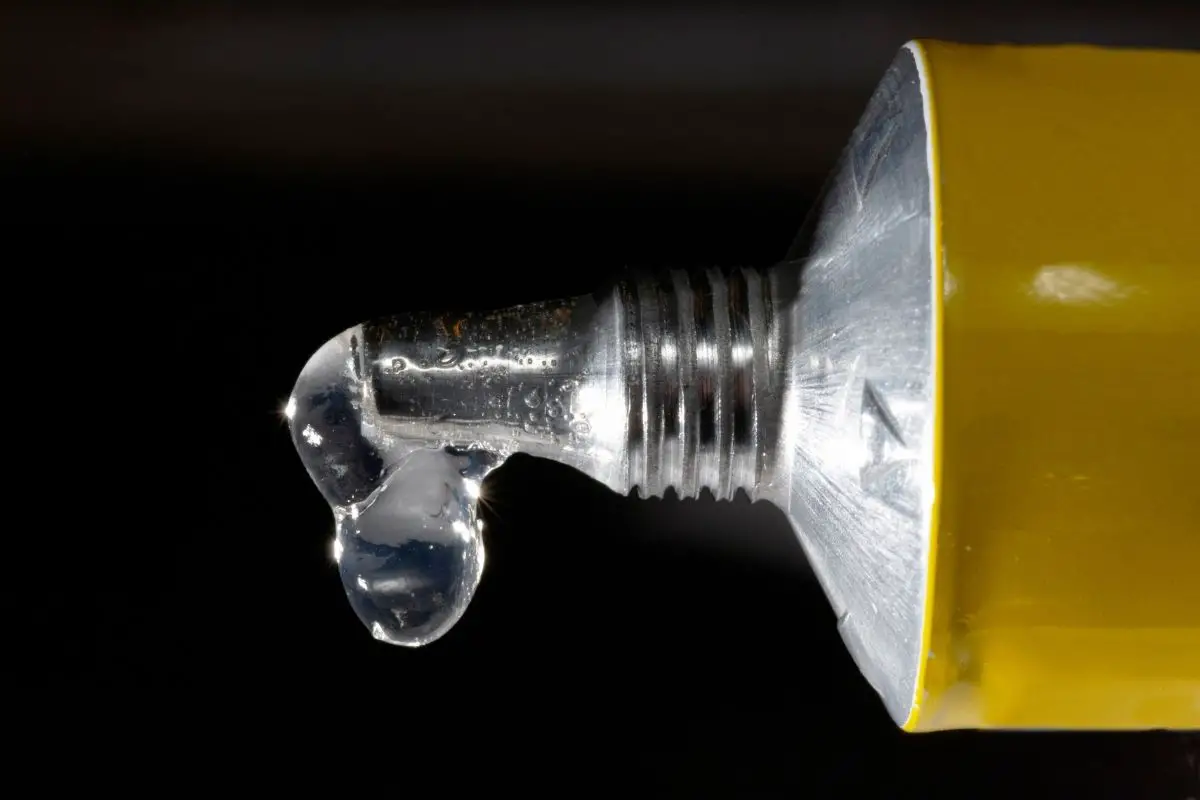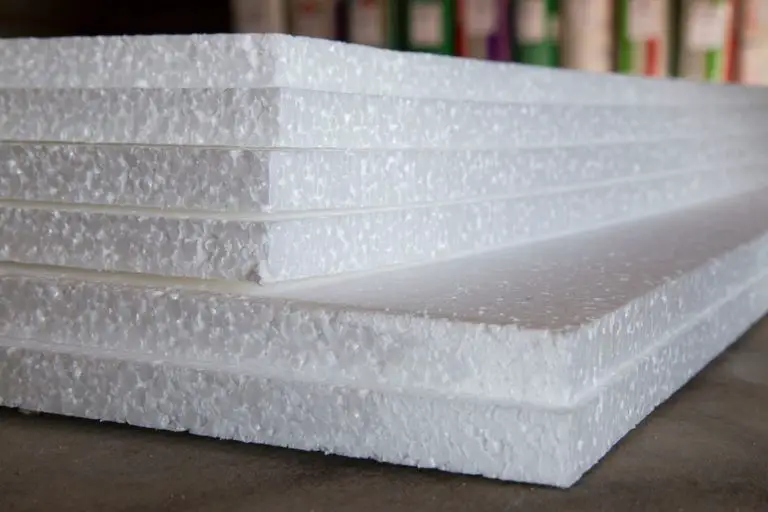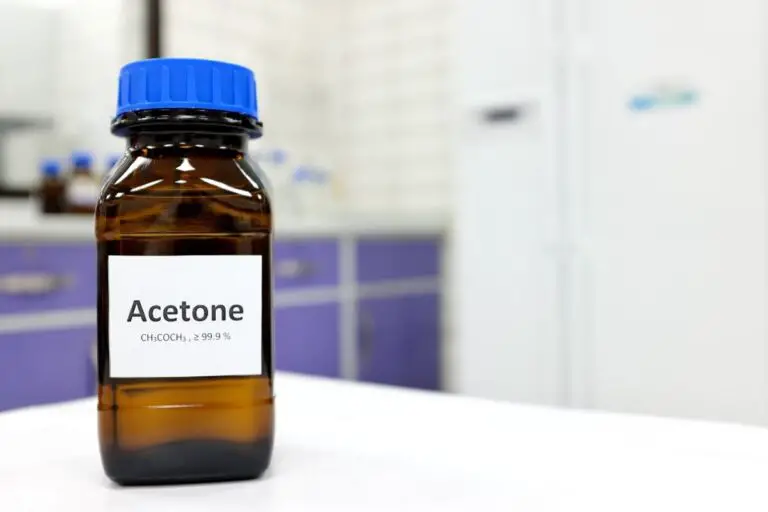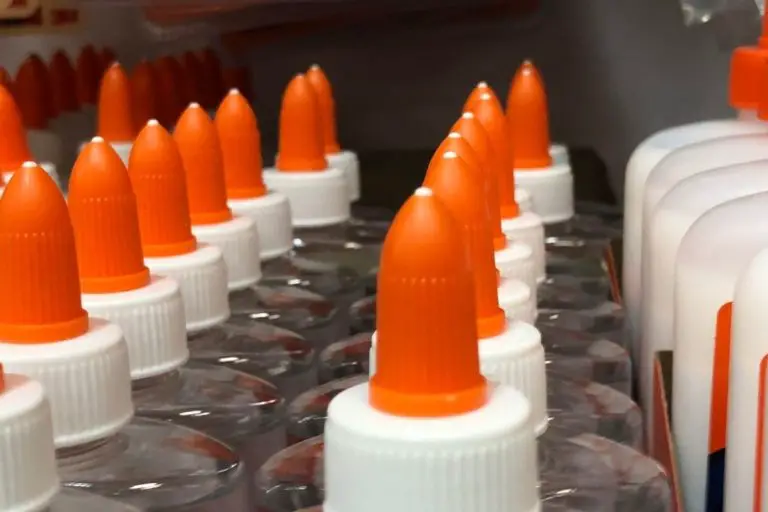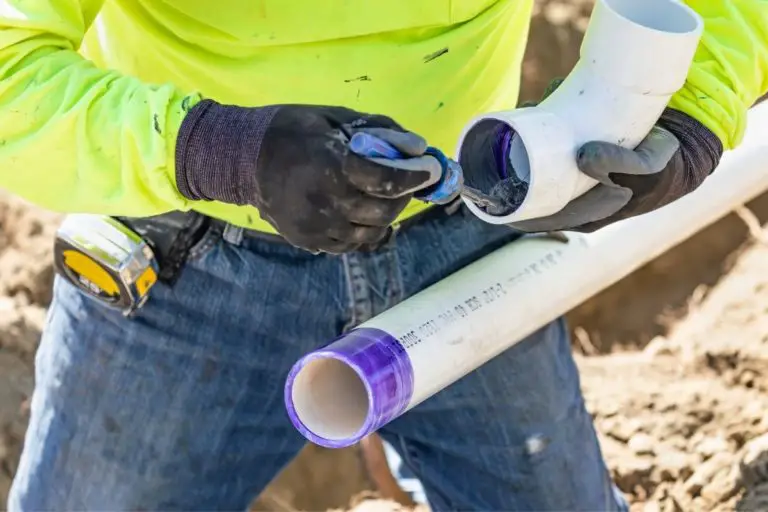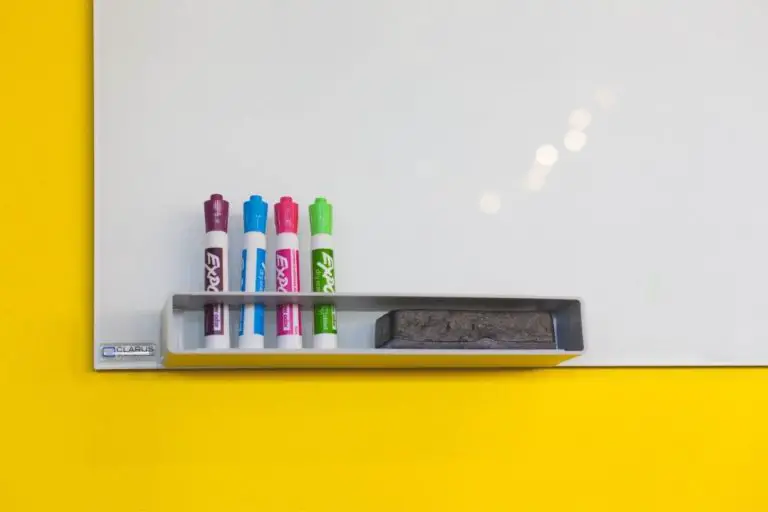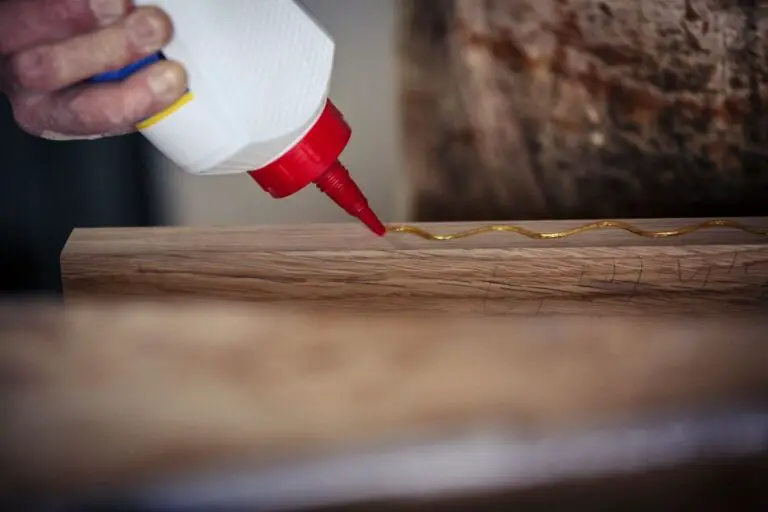Why Does Glue Smell Good? Here’s What Happens When You Smell It
It is a known fact that most kinds of glue have a very distinctive smell as they emit volatile organic compounds into the air when they’re applied to a surface.
The smell of glue can be unpleasant or good depending on the kind of glue.
So, why does glue smell good? Some kinds of glue smell good because they contain a solvent that evaporates in the air when the glue dries producing a mild and almost sweet smell. The smell of the glue depends mostly on what chemicals the glue is made of. There are other kinds of glue that produce a strong, acrid smell.
Continue reading to learn more about why glue smells the way it does, why it can be harmful, and what you can do to remove the smell of glue
Contents
Why Does Glue Smell?
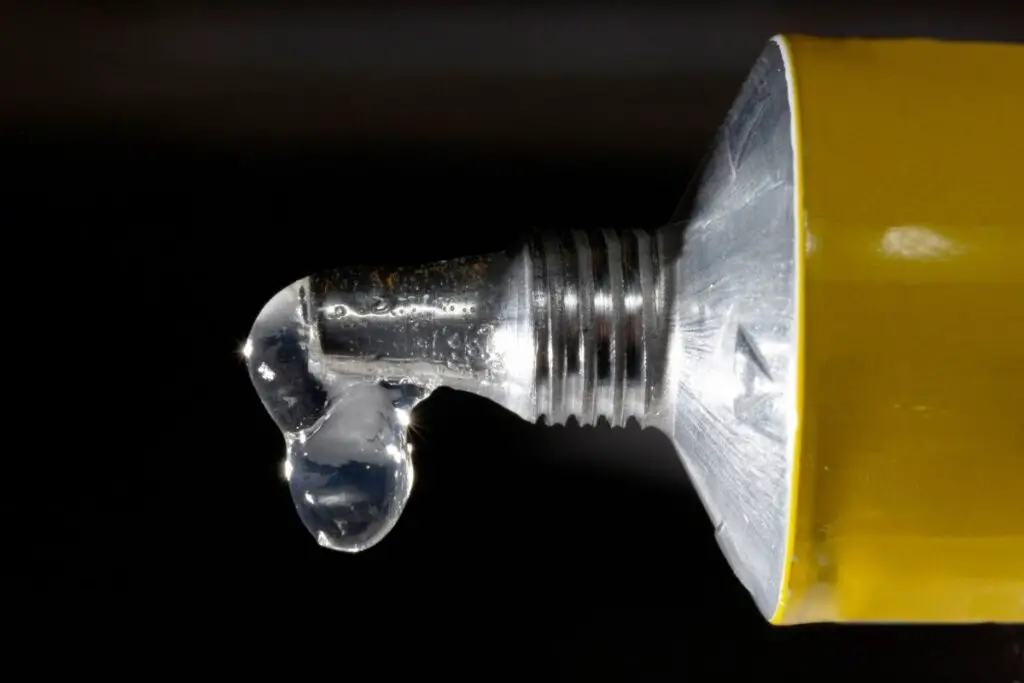
Glues are made from synthetic chemical compounds that give the glue its adhesive properties. You can learn exactly what is glue made of in this article that explains what does glue have to do with horses. Glue also contains solvents to keep them in a liquid form while they’re in the container.
Once the glue is applied on a surface, the solvent will evaporate as the glue dries while the base chemical compounds the glue is made of will remain to form a strong bond with the surface causing the glue to stick.
When the solvent evaporates in the air, it’s accompanied by volatile organic compounds that are responsible for the distinctive smell of glue. So, different kinds of glue will have different smells, depending on the kind of solvent they contain.
Some kinds of glue will release strong, acrid smells which can be unpleasant to be exposed to, while other kinds of glue have milder, almost sweet smells which might entice people to actively sniff glue more.
How Long Does the Smell of Glue Last?
The smell of glue can last from 12 to 24 hours, depending on how fast the glue dries and cures. Without proper ventilation, the smell can build up in the room permeating fabric or carpeting which can be unpleasant and sometimes even harmful.
So, it’s recommended to make sure that the room is properly ventilated and to exit the room until the smell dissipates.
If the smell of the glue lasts for days after the glue has dried, that means that glue has not cured completely. The glue might be dry on the surface, but it’s still somewhat wet underneath. The smell of the glue will be released through the surface as the glue cures gradually.
Is the Smell of Glue Harmful?

The smell of glue can be very harmful. Although you might get a temporary sense of euphoria or “high” from sniffing glue, it’s not worth the damage it can do to your health.
The extent of the damage that can be done from accidentally inhaling glue or purposefully sniffing it varies depending on the kind of glue and how long you’ve been exposed to the smell.
Household glues do not emit a highly poisonous smell, while industrial-use glues are usually the most dangerous.
What Are the Dangers of Sniffing Glue?
While sniffing glue is not fatal, it can cause both short-term and long-term damage to your health. The severity of the symptoms often depends on the kind of glue and how long you’ve been exposed to the smell.
Short-term damage of sniffing glue includes symptoms like frequent headaches, dizziness and disorientation, nausea and vomiting, and severe abdominal pain.
On the other hand, long-term damage is more severe as it includes lung damage that leads to acute respiratory failure, a weakened immune system, seizures, and in some cases brain damage that’s accompanied by intense hallucinations and other neurological problems.
How to Remove the Smell of Glue?
You can try to remove or reduce the smell of glue until it has dried and cured completely in order to reduce the risks of being exposed to the smell for a long time.
Here are some methods that will help:
- Try to leave the glue to dry in a properly ventilated room. To improve the ventilation in a room, you need to open all the wind to allow more fresh air and disburse all the harmful fumes.
- You can also place some fans in the room to increase the airflow and circulation. Pointing the fans at the glue might also speed up the drying process.
- Use an air purifier in the room to reduce the harmful fumes. The best kind of air purifier is one with a carbon filter as it can absorb a large amount of harmful molecules from the air in a short period of time. However, make sure to change the filter regularly because once it is saturated, the filter will begin releasing the harmful molecules back into the air.
- Place an uncovered bowl of vinegar in the room where the glue is drying for at least 12 hours and make sure to close all the doors and windows. You can use more than one bowl if the room is large. The vinegar will act as an absorber and will help remove or reduce any unpleasant smell of glue.
- There are other kinds of smell absorbers you can use instead of vinegar such as baking soda or smashed charcoal. For maximum effect, it’s recommended to replace the absorbers every few hours.
How to Make Glue Smell Good?
There is a way you can make glue smell more pleasant but it will only work with regular household glue and not industrial use glues because they’re too strong.
You’ll need a container of glue, Kool-Aid packets with different flavors, wooden skewers, and a small funnel.
Here’s what you need to do:
- Empty the Kool-Aid Packet into the glue bottle then shake it vigorously or steer it with the wooden skewers. Once they are completely mixed, the glue should smell more like the Kool-Aid.
- You can also pour the glue into a small bowl then add the Kool-Aid drink to mix them more thoroughly. If the glue is too thick, you can dilute it with water or heat it in the microwave for a few seconds. Once they’re mixed, use a funnel to pour the scented glue back into its container.
Related Questions
Can You Make Glue Dry Faster?
The most effective way to make glue dry faster is to use heat. You can place your project close to the sun or you can use a heater to increase the room temperature. You can also make glue dry fast without using heat by enhancing the ventilation in the room or by using accelerators that will speed up the process such as baking soda.
For more tips, check out this complete guide to making glue dry faster.
What Are the Chemicals that Make Glue Smell Unpleasant?
Researchers were able to identify some of the chemicals that make glue smell unpleasant. These chemicals include methyl methacrylate, acetophenone, 1-butanol, 4-methyl phenol, phenylacetic acid methyl ester, hydrocarbon toluene, and acetic acid. It can be dangerous to inhale any of these chemicals for a long time, so it’s a good idea to work in a properly ventilated area when using glue.
Helpful Resources
How Sniffing Glue Affects Your Health
If you like this article, share it!

